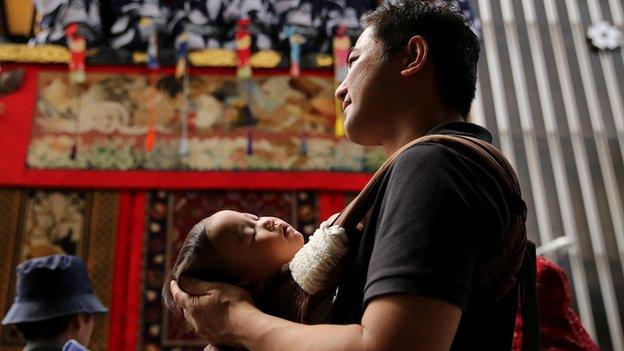Japanese city helps women freeze eggs to boost birth rate
- Published
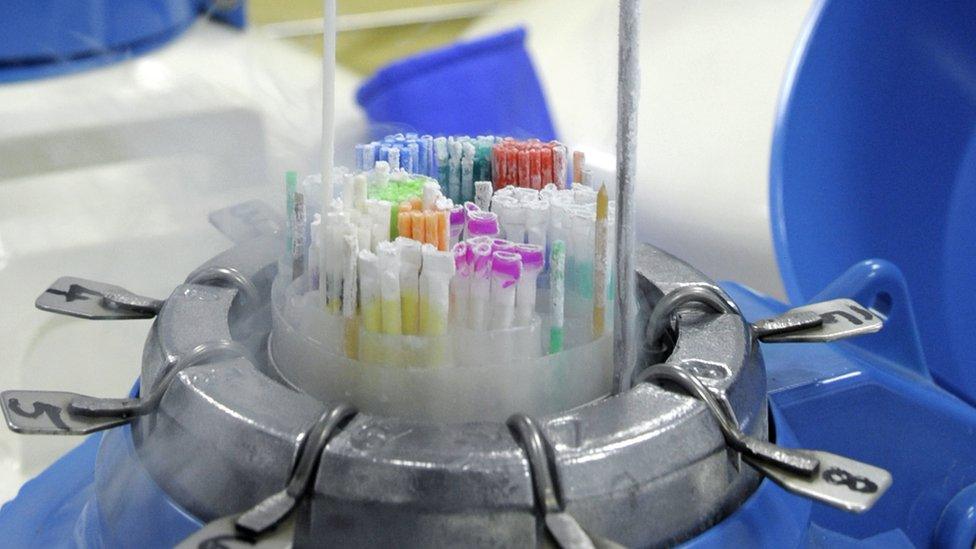
Women will pay 20% of the usual cost of freezing eggs
A city in Japan has said it will help women cover the cost of freezing their eggs, as part of efforts to address the country's declining birth rate.
The move would allow women to postpone pregnancy and so extend the period in which they can have children.
The city of Urayasu has allocated 90 million yen ($850,000; £630,000) to the three-year pilot project.
Recent census data has revealed that Japan's population had fallen by one million people in the past five years.
The project is being conducted by Juntendo University Urayasu Hospital and scientists in charge say they hope preserving eggs will encourage women to give birth when they feel ready to do so.
The programme will be available to women between the ages of 25 and 34. Twelve women have already started the process.
Without subsidies, women have to pay the full cost of about 500,000-600,000 yen for freezing their eggs.
Under the Urayasu pilot programme, they will pay 20% of the cost.
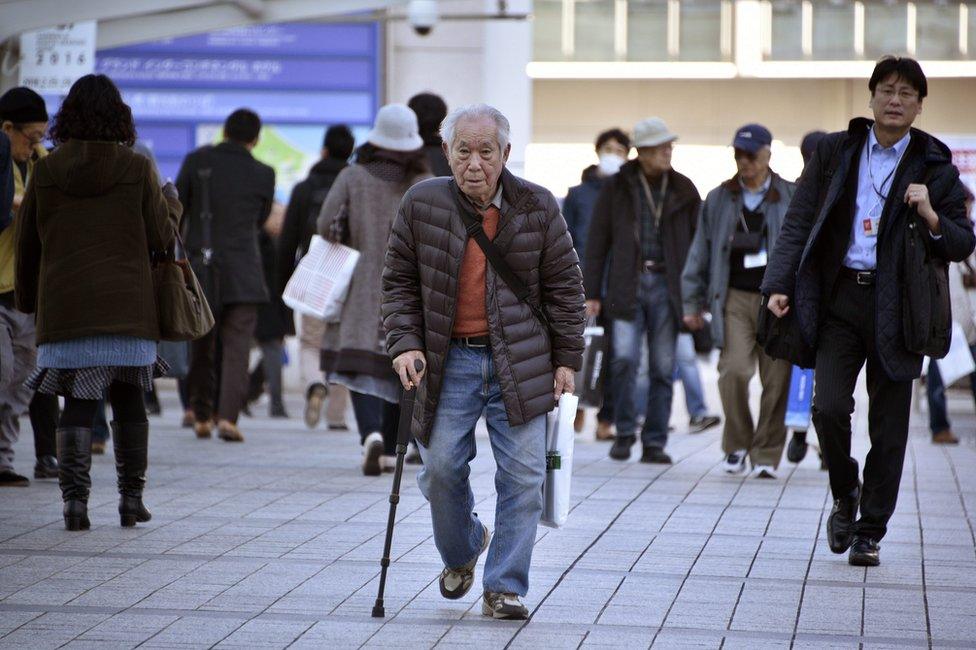
Japan's ageing population has been a longstanding worry for the country
At the news conference announcing the project, Urayasu mayor Hideaki Matsuzaki said low birth rates were a national problem.
"In general, pregnancy and childbirth is an individual issue. But when the situation has become this far, I consider it a social problem," Mr Matsuzaki said.
"I view using public expenditure as the right thing to do."
While preserving frozen eggs does prolong the period in which women can have children, the success rate using this method is not high.
Studies suggest if a woman freezes her eggs at the age of 25, there's a 30% chance of successfully giving birth later.
At the age of 34, the chance drops to 20%.
- Published26 February 2016
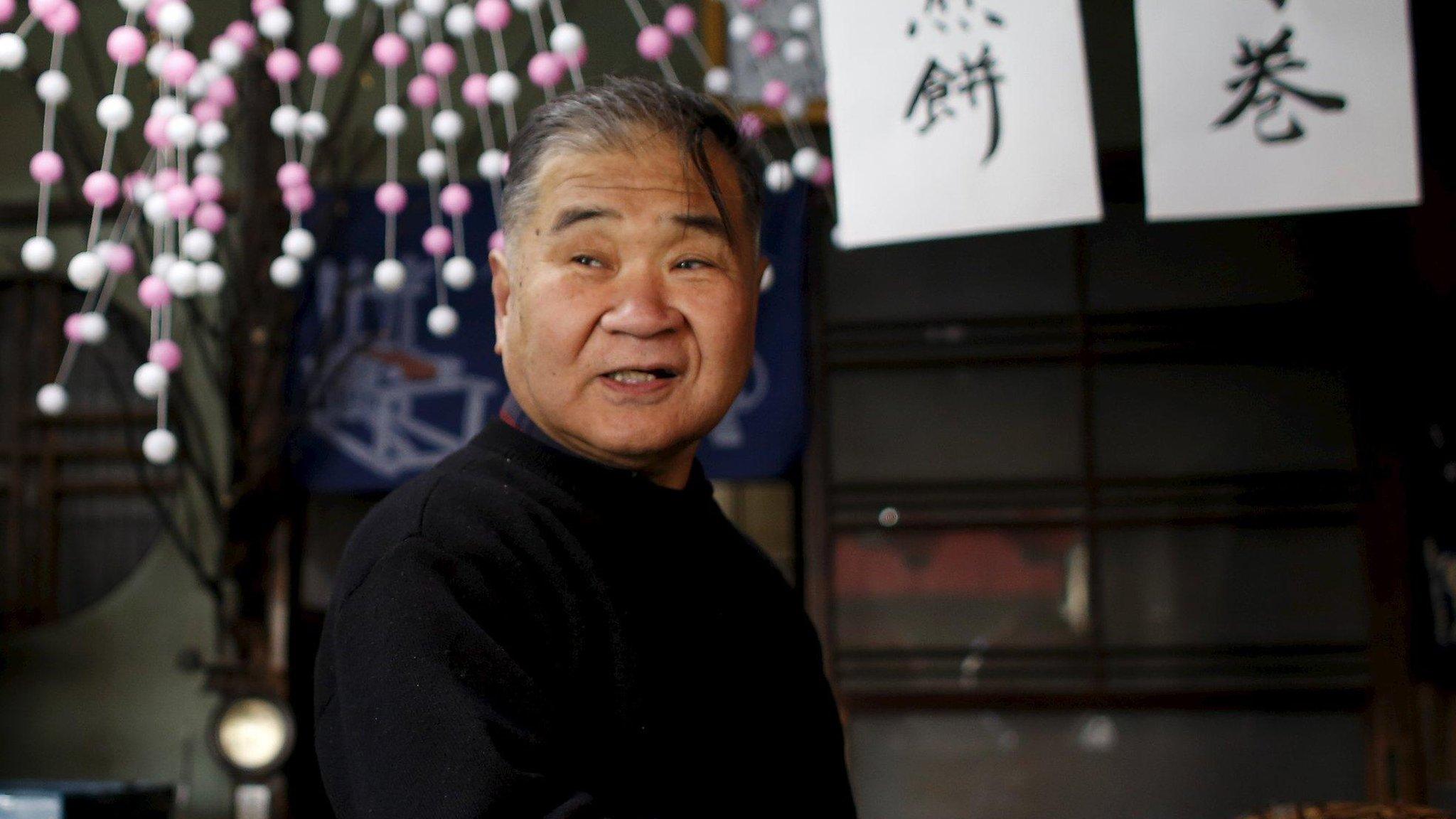
- Published25 May 2016
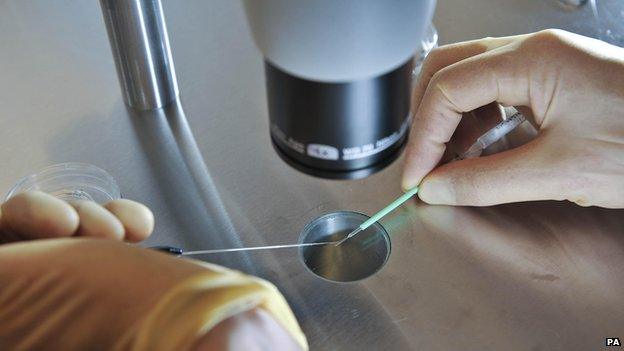
- Published4 August 2015
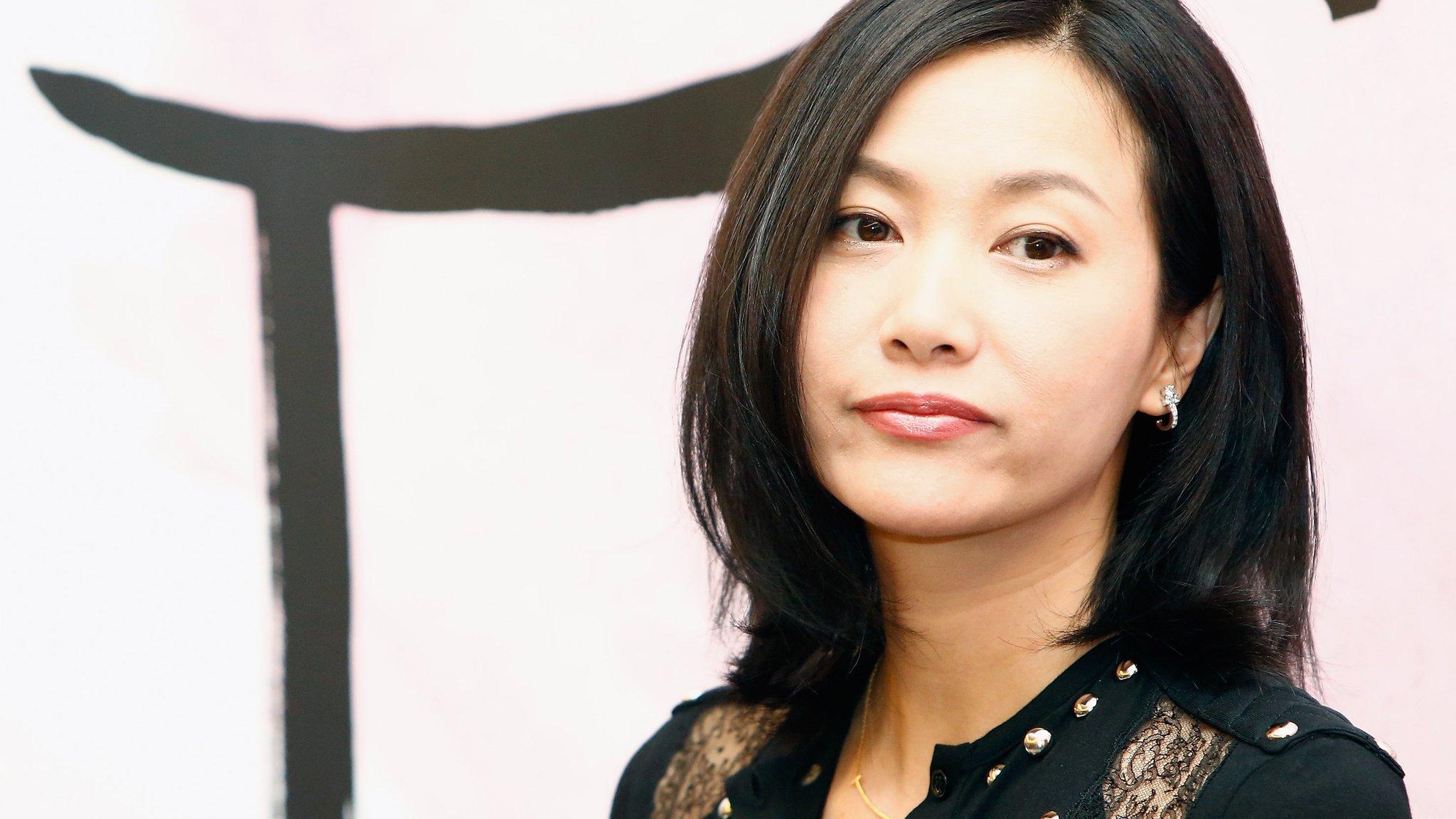
- Published13 March 2015
